To live sustainably isn’t just about humans and the earth’s resources, it’s also about how we treat other living creatures that share this beautiful planet with us.
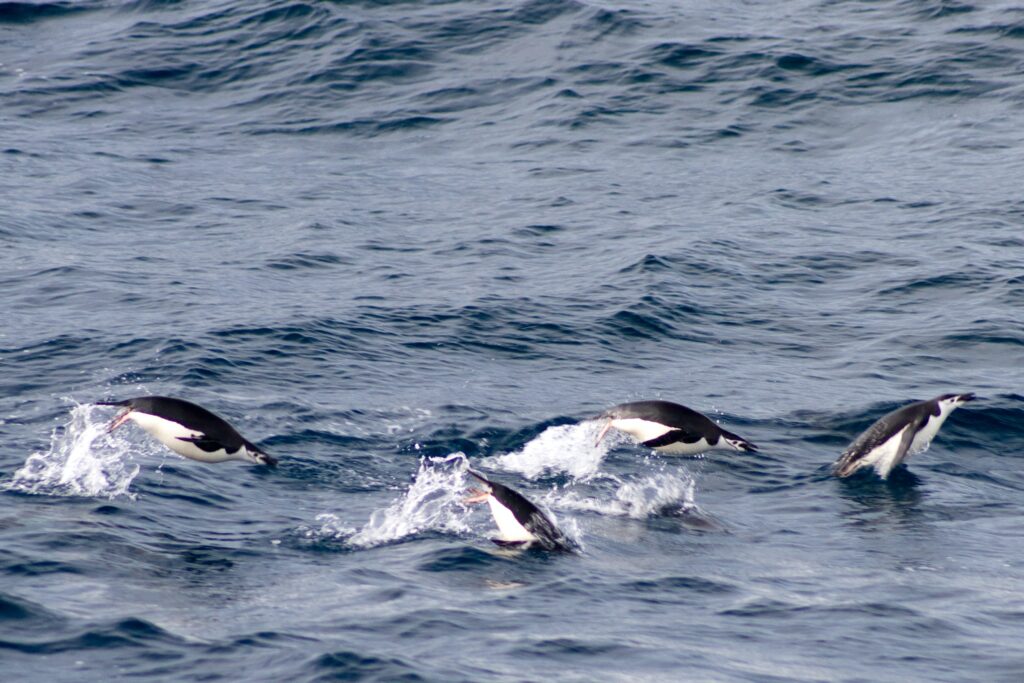
There are many different thoughts on this. In the economically advantaged world, where people can afford to choose their diet, there are a range of different approaches. Some people believe they need to be vegan, using no animal products at all, so that no animal is used for human consumption.
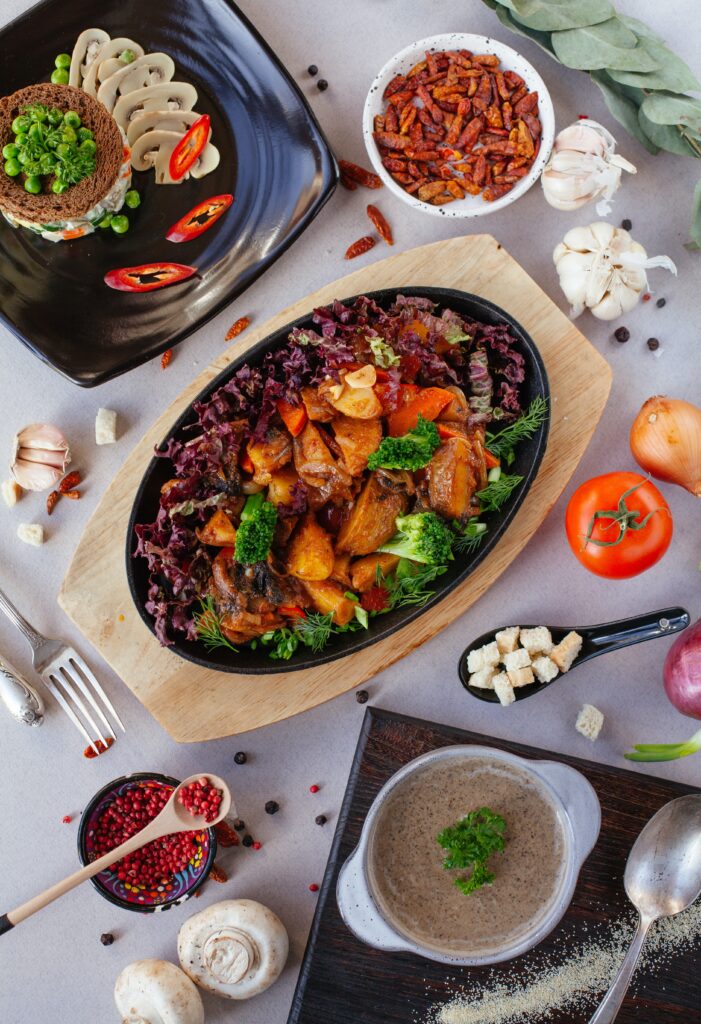
Some people are vegetarian believing that they can consume things that an animal produces, like eggs and milk, but we shouldn’t kill the animal for meat.
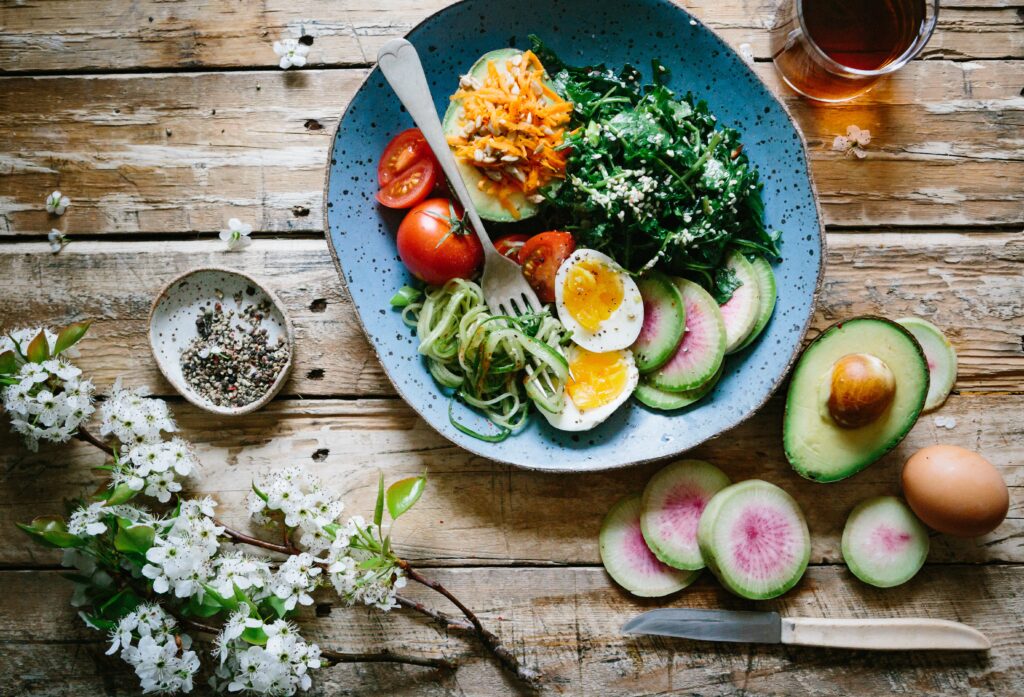
Whilst others believe that farming animals ethically is good for the environment (animals do play a very important role in the ecosystem) and that locally sourced, carefully and ethically farmed animals are okay to eat.
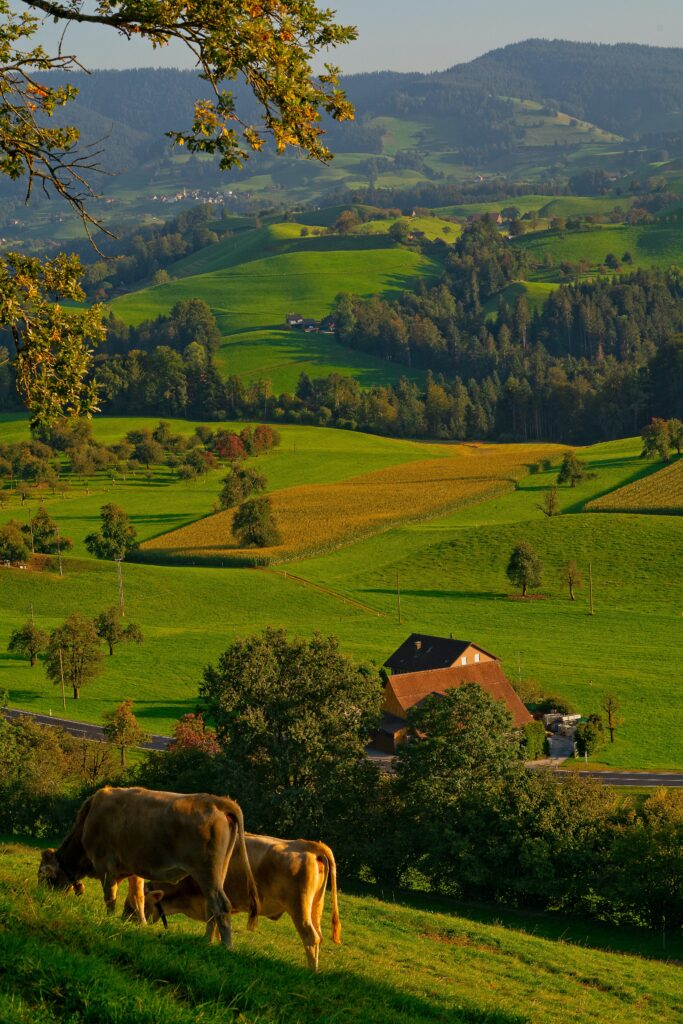
Others say if that if you don’t kill an animal yourself, you shouldn’t eat it, which is another sustainable approach.

Then there are the traditional societies around the world, who live very much in balance with their environment and who use every last bit of any animal they hunt and kill (or herd and kill), providing all their clothing, housing and food needs, negating the use of other more damaging materials to build homes and create clothes. I would argue that this approach is the perfect sustainable approach, but again, it is only suited to tribal groups who have done this for centuries and whose whole culture and beliefs are rooted in the dependence on this animal. In these situations the interdependence causes massive respect and care between the humans and animals.
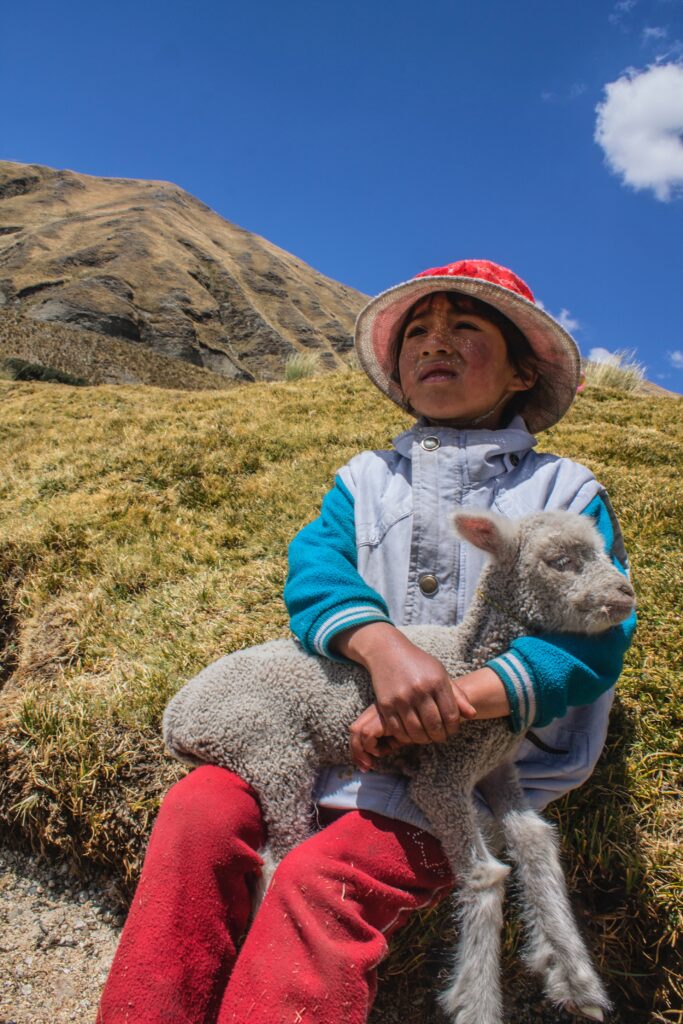
It has taken generations to create and whilst I would advocate that tribal societies be encouraged and allowed to retain or resume their traditional ways of living, it wouldn’t work for people who are used to a very different style of living.
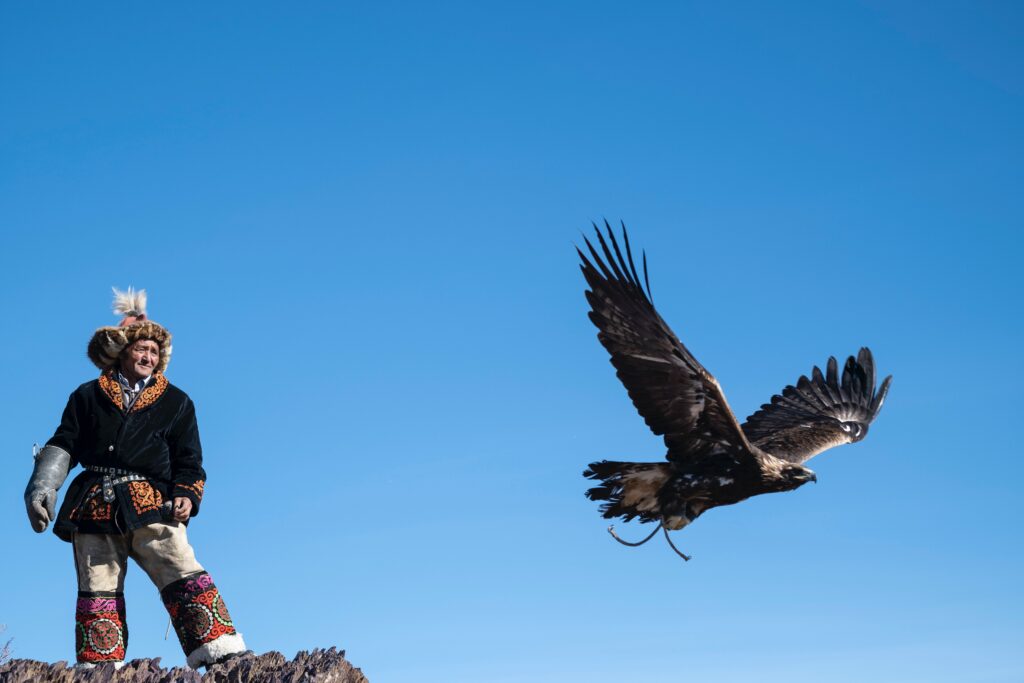
I would say that any of the above approaches are sustainable, depending on your own culture, needs and beliefs.
What isn’t acceptable is the mass production of food using animals that fuels most of our food source these days. Factory farming is degrading and cruel to the creatures involved and very unsustainable considering the amount of illness that is created in both animals and humans as a result. Disease is rampant in those conditions, so many chemicals and drugs are pumped in to the animals and subsequently the food chain, to prevent this. Growing in unnatural conditions in cramped cages with artificial light inevitably affects the taste of the meat products, so they have to be pumped full of flavouring- again more ‘added’ ingredients. The treatment of animals en masse negates any form of care- they become numbers (not like the old farming ways where the cows all had names and their individual characters were known to the farmer). This means cruelty is much easier, that the welfare of the animal is based on the profit margin it can create rather than the actual care for it.
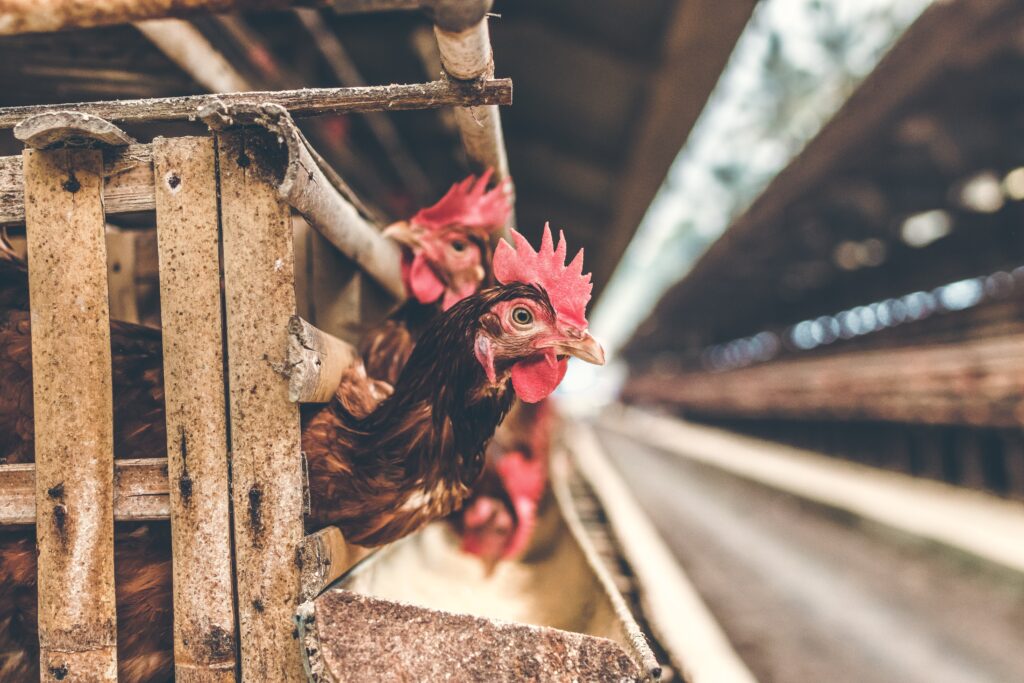
Then there are the terrible and cruel wildlife markets. I think those have been covered adequately in the recent news for me to say no more…
I get that we need to feed many more people these days and that this is the argument for factory farming on a massive scale, however that puts the smaller more caring farm enterprises out of business.
So what can I do in my own way to live sustainably? I tend towards a vegan diet which slips into vegetarian now and again. The rest of my family aren’t so I try to source meat from local and traceable meat suppliers. We are lucky, as we live in a small town, so I know the butchers and local farmers and know who is ethical and who isn’t and who I’d like to get my meat from and who not. I very rarely get meat from a supermarket as I cannot trace it in the same way. It can be more expensive to locally source (but often it isn’t) If it is, we have less meat but it is better quality, so it fills them up more and I know it’s better for them. I could keep my own chickens, but I don’t, so I buy my eggs from local free range producers. Any fish or meat products I buy, I try to make sure they are from sustainable sources or we go without.
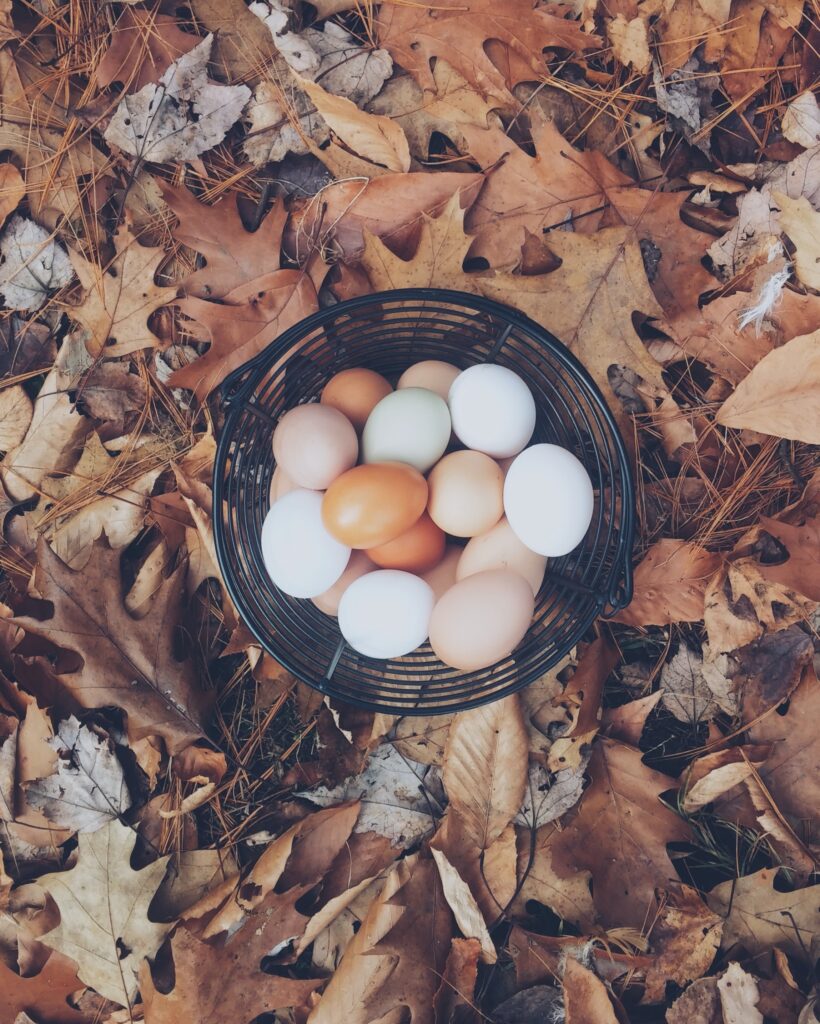
I also do what I can to support campaigns. These can be for better quality animal welfare, support for indigenous cultures to continue their traditional lifestyles, banning wildlife trade and others on similar lines. I’m sure most people in a similar position do the same as me. However, I am aware that not everyone can. I suppose we do what we can where we can and the more we do, the more the changes will come about.
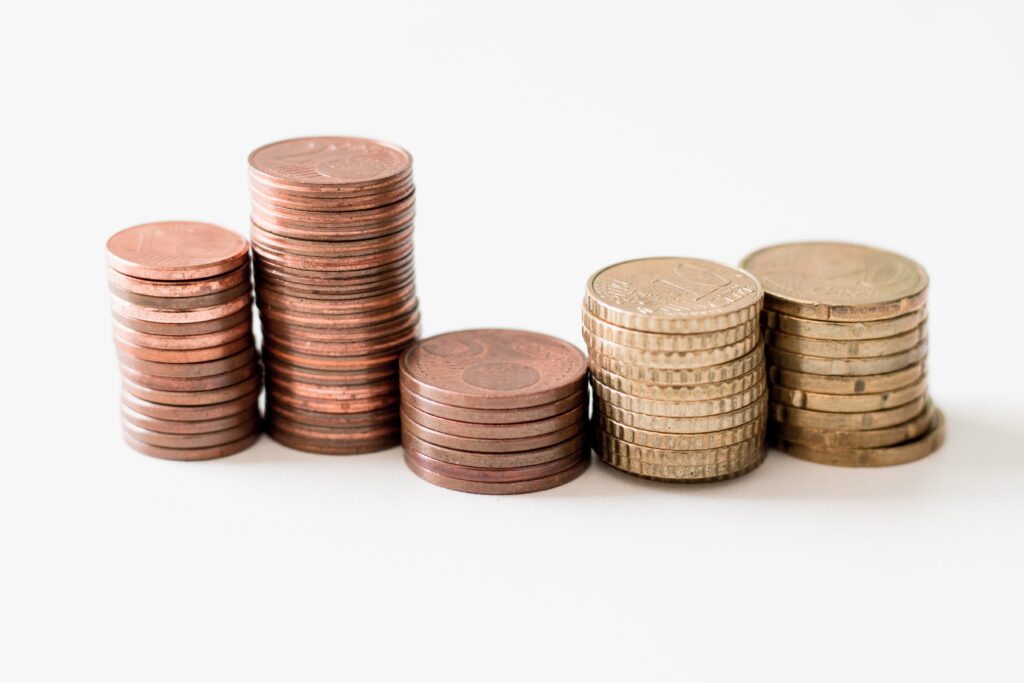
With this pandemic we have a fabulous chance to redo and rethink our society. If we make the right choices, then this sort of global catastrophe will reduce. If we continue as before and don’t learn from it, then we will get more and more lessons, getting more and more severe until we do. Do we have to wipe out most of the world’s population before we learn to live sustainably? I sincerely hope not. Let’s use our buying power to change things for the better.
« Back to blog page